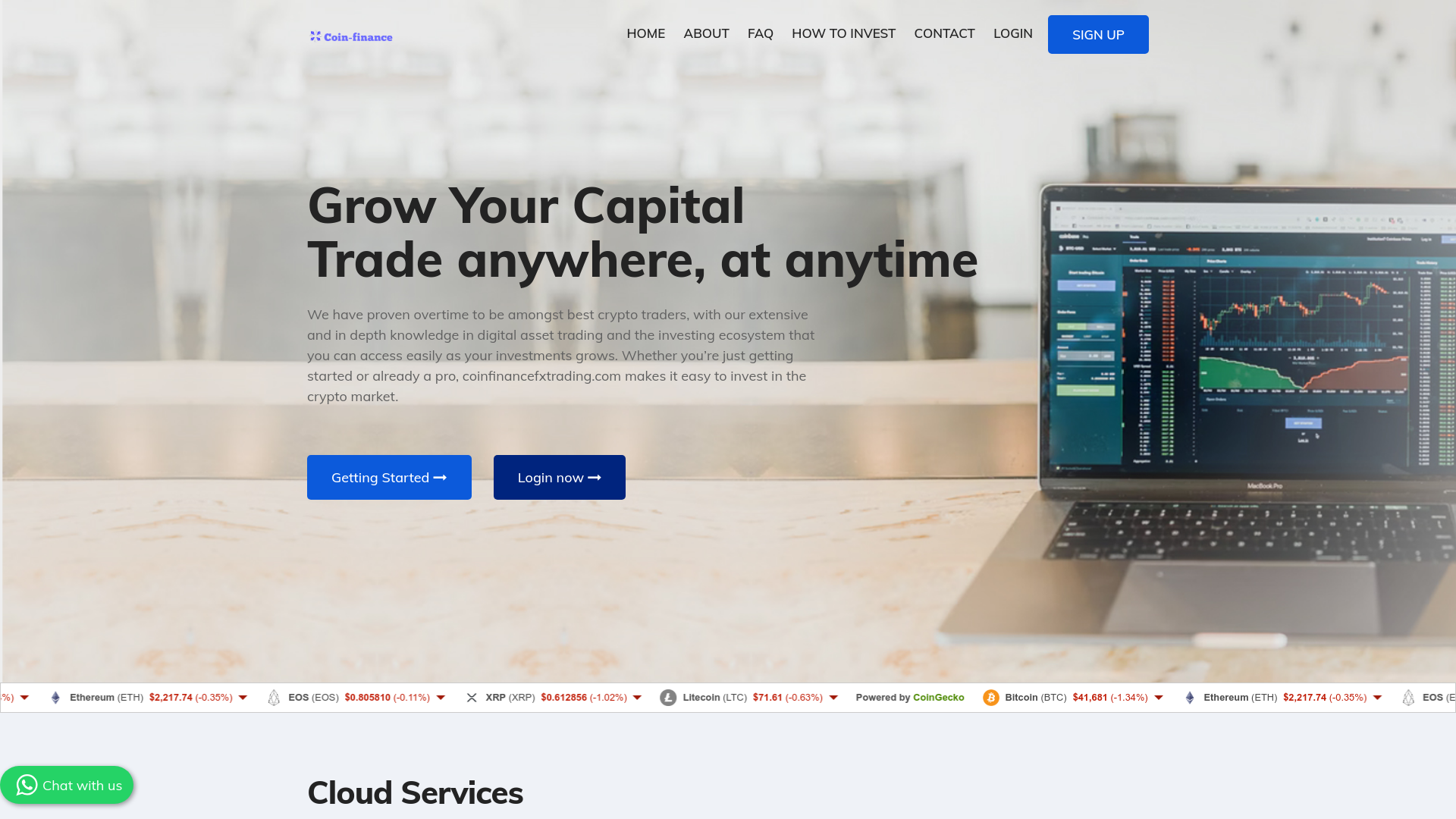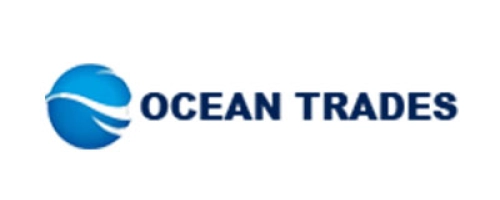Ocean Trade Review 2026
What is Ocean Trade?

In the context of forex, the term “Ocean Trade” is not a standard term. However, the ocean is often used as a metaphor in forex trading. Here’s a detailed explanation:. The forex market, with its vastness and unpredictability, is often compared to an ocean. Traders are likened to surfers trying to ride the waves of currency price fluctuations. The forex market is the largest financial trading market in the world, trading well over 4 trillion dollars daily. This gives a good insight as to the size of an ocean compared to several professional players. Just as a surfer must understand the patterns of the waves to ride them successfully, a forex trader must understand market trends. It’s often said that “the trend is your friend”. Trading along the trend, like a surfer riding a wave, is usually the most successful strategy. Trading against the trend can lead to losses, which is tantamount to a surfer trying to ride against a wave. Such a strategy can lead to emotional distress, such as depression. In conclusion, while “Ocean Trade” is not a recognized term in forex, the metaphor of the ocean is often used to describe the forex market’s vastness and the need for traders to understand and follow market trends, much like a surfer riding the waves.
What is the Review Rating of Ocean Trade?
What are the Pros of Ocean Trade?
Ocean trade, in the context of forex, has several advantages:. Global Marketplace: The foreign exchange market, also known as forex, FX, or the currencies market, is an over-the-counter (OTC) global marketplace that determines the exchange rate for currencies around the world. This global nature of the market allows for a wide range of participants from different countries, enhancing the diversity and volume of transactions. 24/7 Trading: One of the unique features of the forex market is that it’s made up of a global network of financial centers that transact 24 hours a day, closing only on the weekends. This allows for continuous trading and the ability to respond to global events as they happen. Liquidity: The forex market is the largest financial market in the world in terms of the value of currency units being traded. An average of $5 trillion in currencies is traded each day, making it the largest market by volume. This high liquidity can lead to lower transaction costs and better pricing. Trend Trading: Just like a surfer rides the wave in the ocean, traders can ride the trend in the forex market. It is easier to make it in the long run trading along the trend. Trading against the trend can lead to losses in the long run. Economic Growth: The forex market supports economic growth through foreign trades and increases to economic revenues. It also influences currency values through constant capital injections into foreign markets. Flexibility: Currencies are always traded in pairs, so the “value” of one of the currencies in that pair is relative to the value of the other. This allows for a wide range of trading strategies and opportunities. Remember, while ocean trade in the context of forex has its advantages, it also comes with risks. It’s important to have a good understanding of these risks and to use effective risk management strategies when trading.
What are the Cons of Ocean Trade?
Ocean trade, particularly in the context of forex, presents several challenges. Here are some of the key disadvantages:. 1. Slower Transit Times and Potential Delays Ocean trade is often subject to slower transit times compared to other forms of transport. This is particularly true for long-distance international trade. Additionally, ocean trade can be significantly affected by weather conditions, leading to potential delays. 2. Regulatory Oversight The forex market is an over-the-counter market, meaning trades are not carried out on a centralized exchange, and regulatory oversight is sometimes limited. This can lead to potential risks and uncertainties. 3. High Risk and Volatility Forex trading, which is often linked with ocean trade due to the global nature of both, is associated with high risk and volatility. The forex market is the largest and most liquid market in the world, but trading currencies is very different from trading stocks or commodities. 4. Steep Learning Curve Forex trading has a steep learning curve and requires perseverance, continuous learning, efficient capital management techniques, and the ability to take risks. 5. Dependence on Broker In forex trading, the broker executes the transaction on behalf of the trader. This dependence on the broker can sometimes lead to potential risks and challenges. 6. Potential Risks with Certain Brokers There are potential risks associated with trading with certain brokers. For instance, Ocean Markets has been flagged for potential risks. In conclusion, while ocean trade and forex trading can offer numerous opportunities, they also come with significant challenges and risks. It’s crucial for traders to be aware of these risks and to have robust strategies in place to manage them effectively.
Is Ocean Trade Regulated and who are the Regulators?
Ocean trade is indeed regulated, with several key organizations and regulations playing crucial roles in its governance. The International Maritime Organization (IMO), a specialized agency of the United Nations, is responsible for the safety and security of shipping and the prevention of marine and atmospheric pollution by ships. In the context of the European Union, there are several regulations that govern ocean tradeRegulation (EEC) No 4055/86 grants Member State nationals, as well as non-EU shipping companies using ships registered in a Member State and controlled by Member State nationals, the right to carry passengers or goods by sea between any port of a Member State and any port or off-shore installation of another Member State or of a non-EU country. Regulation (EEC) No 4057/86 enables the EU to apply compensatory duties to protect shipowners in Member States from unfair pricing practices on the part of non-EU shipowners. Regulation (EEC) No 4058/86 applies when action by a non-EU country or by its agents restricts free access to the transport of liner cargoes, bulk cargoes or other cargoes by shipping companies of Member States or by ships registered in a Member State. These regulations aim to ensure a fair and competitive environment for ocean trade, protecting the interests of both consumers and operators within the industry. They are part of a broader framework of international trade laws and agreements that govern global commerce. In the context of forex, these regulations can have significant implications. Changes in regulations can impact the cost of shipping goods, which in turn can affect the prices of those goods in international markets. This can lead to fluctuations in supply and demand for different currencies, influencing forex rates. Therefore, those involved in forex trading often monitor developments in international trade regulations closely. It’s important to note that while these regulations provide a framework for ocean trade, enforcement and compliance can vary. Therefore, ongoing efforts by international organizations, governments, and industry stakeholders are crucial to ensuring the effectiveness of these regulations. In conclusion, ocean trade is a complex and highly regulated field, with multiple organizations and regulations playing key roles in its governance. These regulations not only ensure the smooth operation of global trade but also have significant implications for related fields such as forex.


